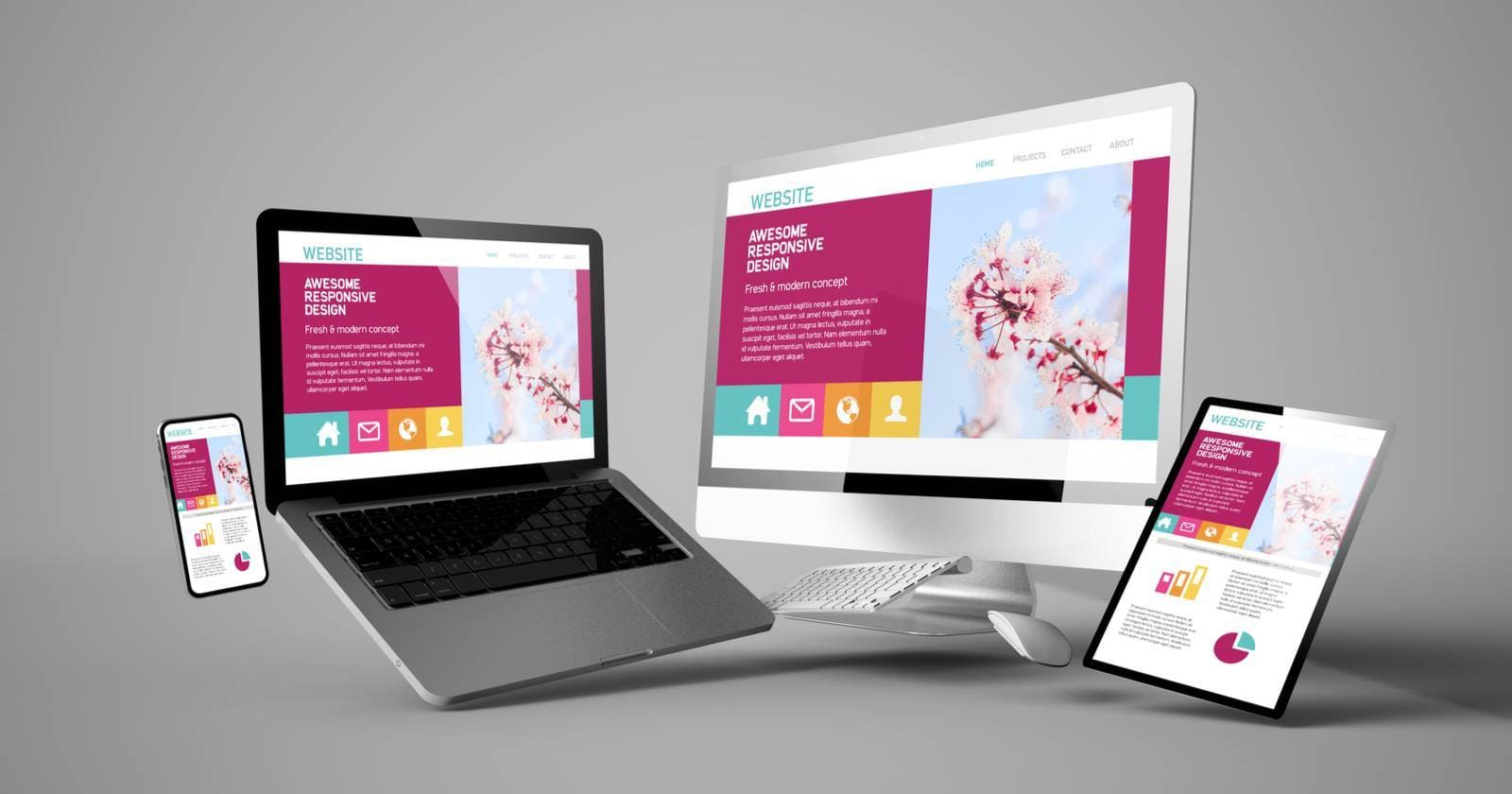
Your Customers Are Already Online
No matter what kind of business you run—big or small, local or international—your customers are online. They’re searching for answers, comparing products, checking reviews, and making decisions long before they ever walk into a store or call a number. If you don’t have a website, you’re invisible in that process. And that means your competitors who do have websites are getting all the attention. Having a website puts you on the map. It’s your place to be found, to be understood, and to stand out. Even if your business is built on referrals or local traffic, people still expect to be able to find you online when they need you.
You Control Your Message
Social media is great—but you don’t own it. Algorithms change, accounts get hacked, and your posts can easily get lost in the noise. A website, on the other hand, is yours. You choose what to say, how to say it, and when to update it. That control is powerful. You can highlight your services, explain your process, tell your story, and guide visitors to take action—all in your voice and on your terms. Whether someone wants to learn about you, book a service, or read your latest blog, your website gives you a space to lead them through the experience you want them to have.
It Helps You Grow
A website doesn’t just support your business—it helps it grow. You can use it to collect emails for your newsletter, sell products online, book appointments, or generate leads. You can track how many people visit, what they click on, and where they come from, so you can improve over time. You can even run ads or SEO campaigns to bring in new traffic. These tools turn your website into more than just a digital brochure. It becomes a living part of your business strategy—one that can expand your reach, boost your visibility, and increase your sales, even while you’re focused on other things.
Builds Long-Term Relationships
Your website is where relationships begin—and where they can deepen over time. A customer might find you through a Google search, visit your site, and then sign up for your newsletter. Months later, they come back ready to buy. Or they might read your blog, follow your updates, and become loyal fans of your work. A good website helps people stay connected. It gives them a reason to come back. It makes you easier to trust, easier to recommend, and easier to remember. That’s not just about sales—it’s about building a community around your brand.
You Look More Professional
At the end of the day, having a website shows that you’re serious. It tells people that you’ve invested in your business, that you’re here to stay, and that you care about making a good impression. It doesn’t have to be complicated or expensive—but it does need to be clear, helpful, and easy to use. When people see that you’ve taken the time to create a space for them to learn more, they feel respected. And that respect turns into trust, which turns into business. In today’s world, having a website isn’t a luxury. It’s a basic part of being professional—and being visible.
